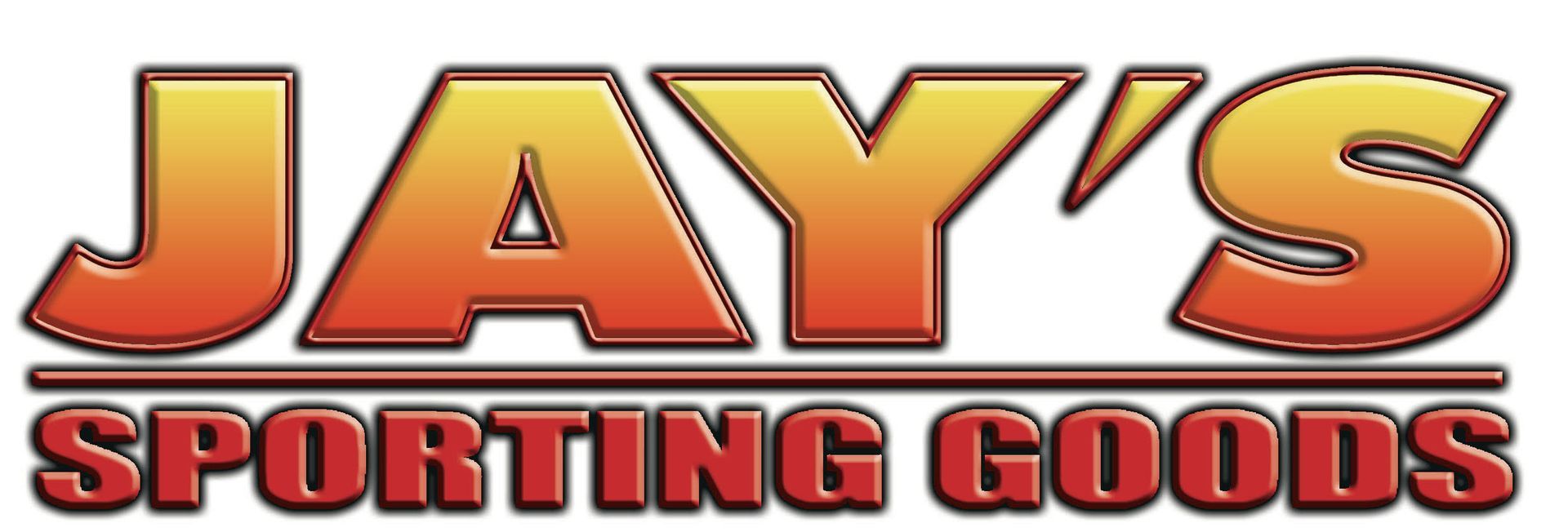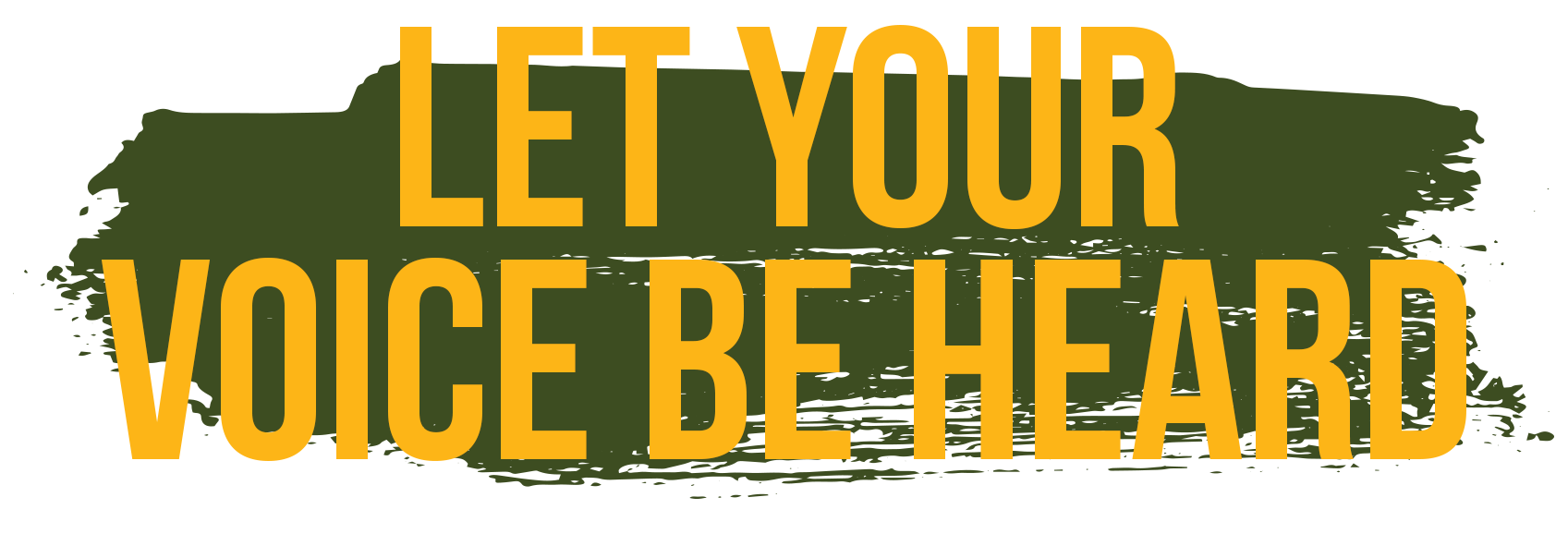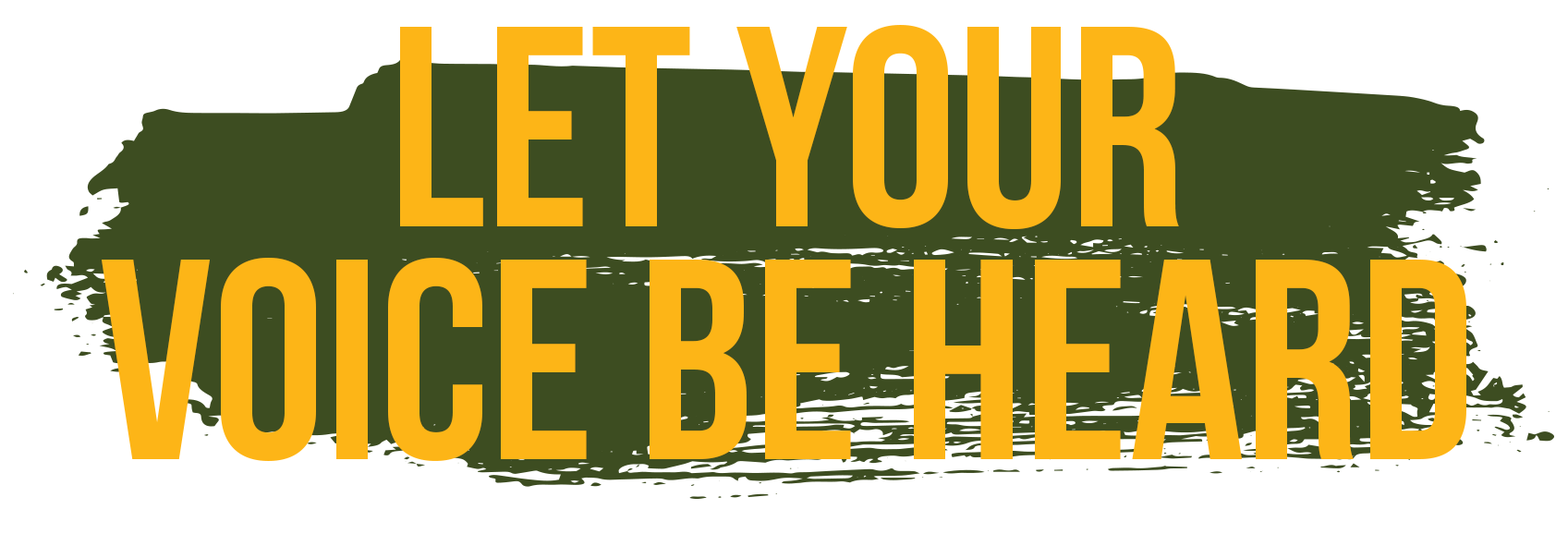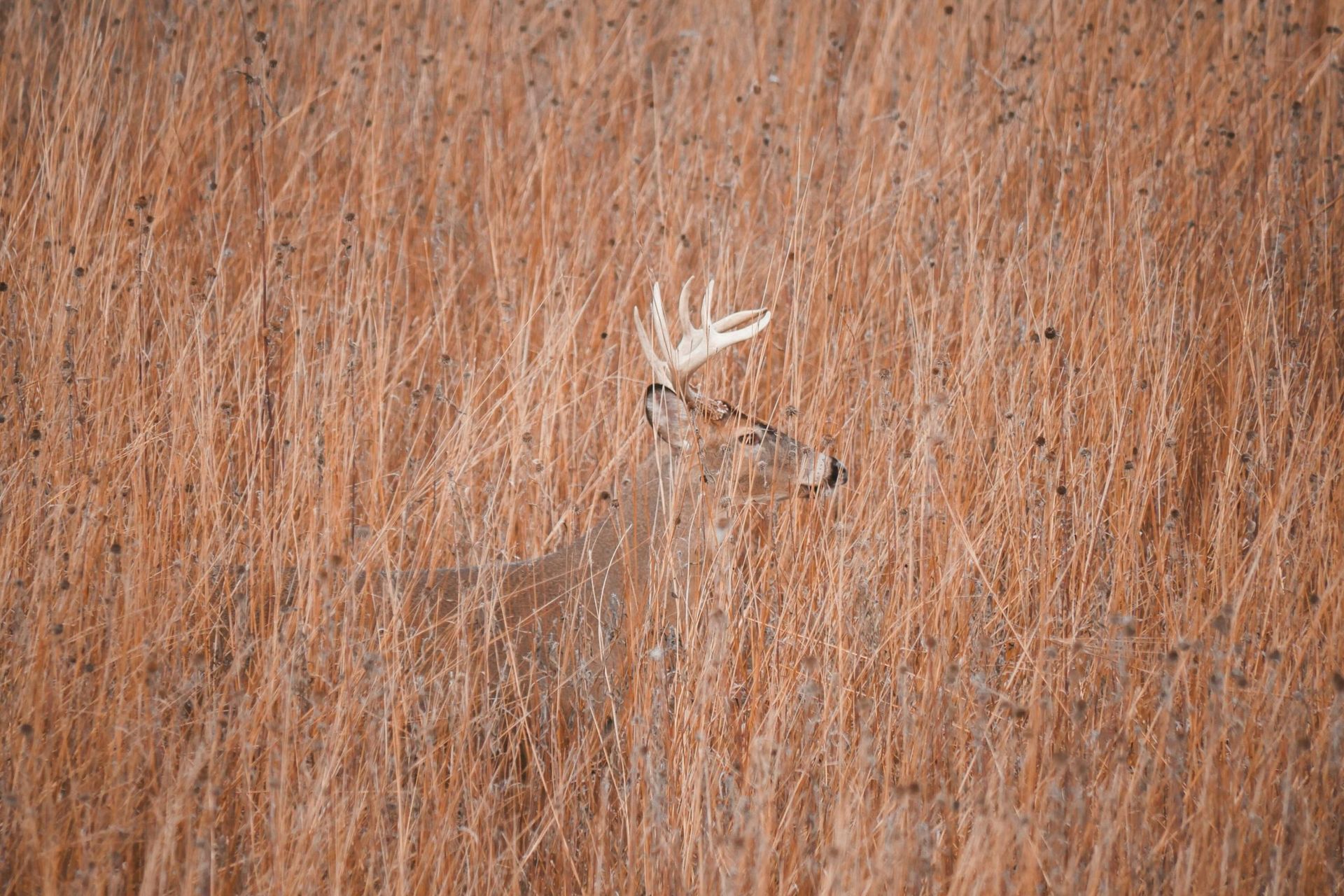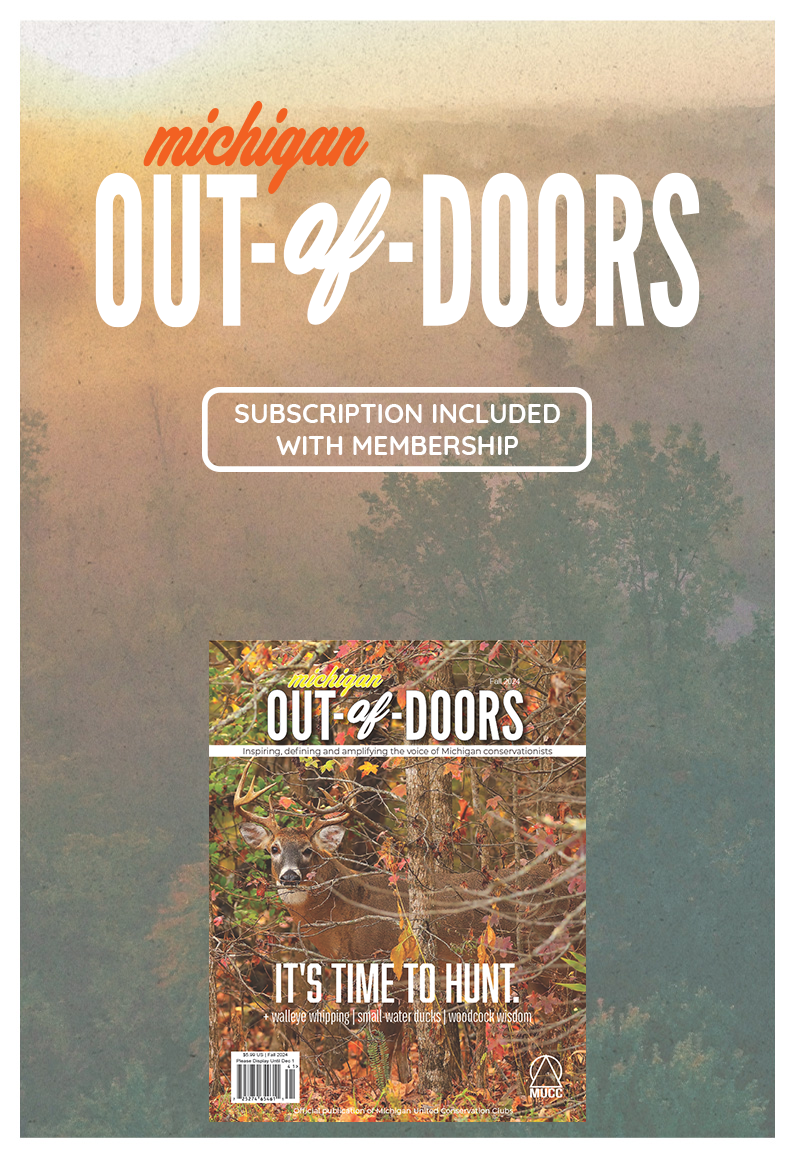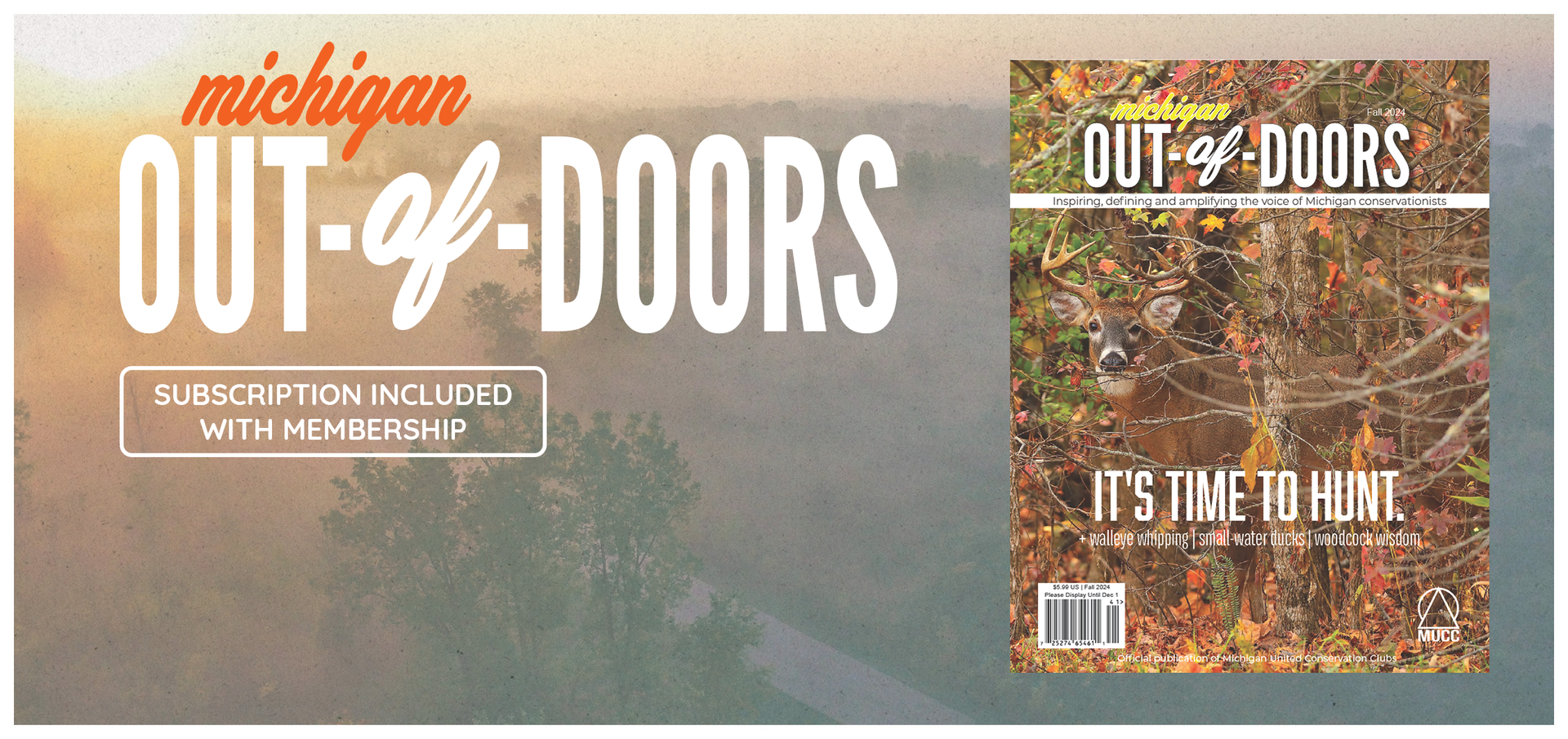Sign up for Updates
Become a Member
Your membership also makes you an active participant in Michigan's conservation community. As a member of MUCC, you can propose conservation policy resolutions that form the backbone of our efforts in Lansing. By joining MUCC, you can set the direction for hunting, fishing, trapping and conservation policy for Michigan.
Donate to MUCC Today
Help us continue to defend your rights to hunt, fish and trap in Michigan today. Your generous contribution allows us to put on our yearly summer camp for kids, restore habitat across the state, and fight anti-hunting legislation in Lansing.
Proud Partners with

